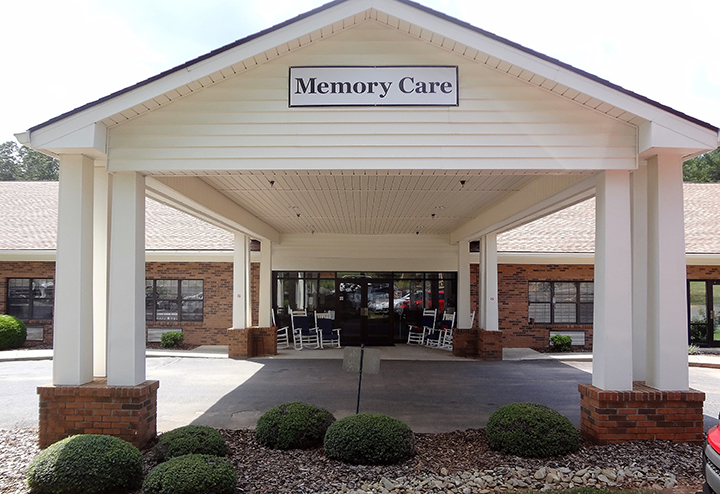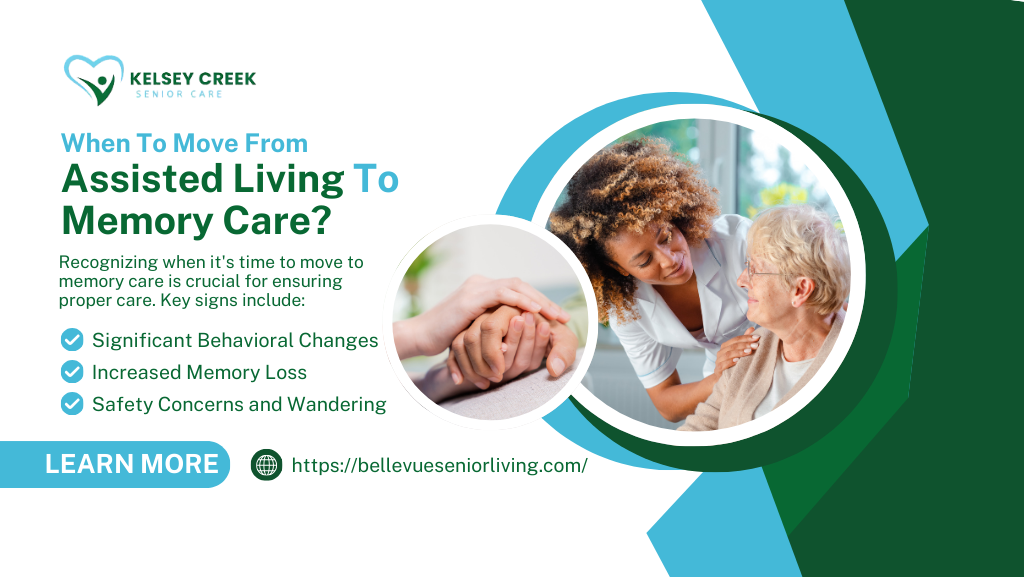Family-Oriented Facilities Offering Personalized Alzheimers Care Charlotte
Family-Oriented Facilities Offering Personalized Alzheimers Care Charlotte
Blog Article
Creating a Safe and Encouraging Environment for Alzheimer's Treatment
The production of a encouraging and secure setting for people with Alzheimer's is paramount in enhancing their quality of life. Exploring these diverse methods can expose vital understandings right into efficient caregiving methods that may transform the daily experiences of both clients and caregivers.
Understanding Alzheimer's Needs
Regularly, people with Alzheimer's condition display a series of requirements that require tailored strategies to care. As the problem advances, cognitive decline manifests in various means, influencing memory, reasoning, and even the capacity to execute everyday activities. Caregivers have to identify these progressing requirements to provide appropriate assistance and make sure a higher quality of life for those influenced.
One important element of understanding Alzheimer's demands is acknowledging the importance of regular and experience. Individuals usually discover comfort in well-known patterns, which can minimize anxiety and complication. Caregivers need to aim to produce organized everyday routines that include meaningful tasks lined up with the person's capacities and rate of interests.
In addition, efficient interaction is vital. Individuals with Alzheimer's may battle to reveal themselves or comprehend intricate language. Caregivers need to employ basic, clear language, use non-verbal hints, and practice active listening to cultivate understanding and connection.
Last but not least, social and emotional demands can not be overlooked. Supplying opportunities for social communication and keeping relationships can dramatically enhance emotional wellness. Caretakers should motivate involvement in area activities or household celebrations, advertising a sense of belonging and purpose. Comprehending these varied demands is important for producing an encouraging treatment environment.
Designing a Safe Home
Creating a secure home for individuals with Alzheimer's condition is necessary to reducing dangers and advertising freedom. Guarantee that paths are clear and well-lit, as correct illumination lowers disorientation and improves flexibility.
Integrating flexible features is additionally essential. Mount grab bars in restrooms and near staircases, and consider utilizing non-slip floor coverings in wet locations. Additionally, using different colors for walls and floorings can help in identifying spaces, aiding to mitigate confusion.
Knowledge is important for individuals with Alzheimer's. Individualizing the environment with familiar items and pictures can reinforce a sense of belonging and protection - Alzheimers Care Charlotte. It is also helpful to have actually a designated area for everyday tasks, such as analysis or crafting, which can give structure to their day
Finally, carrying out a safe and secure outdoor space enables risk-free expedition while getting in touch with nature. By attentively making the home environment, caregivers can considerably improve the lifestyle for people dealing with Alzheimer's condition.
Enhancing Interaction Abilities

Non-verbal interaction, including facial expressions, motions, and touch, plays a critical function in conveying compassion and understanding. Preserving eye contact and a tranquil attitude can enhance the convenience level of the individual, advertising a sense of safety and security.
Additionally, it is very important to exercise active listening. This entails being completely existing, showing perseverance, and enabling the individual to reveal themselves without interruption. Repeating may be needed; caregivers must be prepared to revisit concerns or subjects, as individuals with Alzheimer's might struggle with memory recall.
In addition, using aesthetic help or hints, such as pictures or familiar items, can facilitate recognition and involvement. Ultimately, improving communication skills is concerning building depend on and developing an environment where people really feel heard, valued, and comprehended, therefore enriching their high quality of life.
Urging Social Communication
Fostering significant social communications can greatly improve the well-being of people with Alzheimer's condition. Involving with others not only helps battle sensations of seclusion but also boosts cognitive feature and emotional health. Structured social activities, such as group video games, arts and crafts, or music treatment, develop possibilities for residents to link with peers and caregivers, which can cause boosted state of mind and lowered anxiety.
Creating an inviting environment that encourages socialization is important. This can be accomplished by setting up common areas that assist in interaction, such as relaxing seating areas or activity rooms. Additionally, incorporating familiar and culturally relevant tasks can stimulate memories and motivate participation, allowing people with Alzheimer's to really feel even more connected to their past experiences.
Moreover, caretakers need to be educated to acknowledge and promote social engagement amongst homeowners. Basic gestures, such as initiating discussion or promoting tiny seminar, can aid people feel valued and included. Regularly set up get-togethers ought to correspond yet flexible, suiting varying degrees of capability and rate of interest. By focusing on social communication, we can substantially enrich the lives of those coping with Alzheimer's, promoting a sense of area and belonging.
Supporting Caretaker Well-being

To additional hints support caretakers, companies need to offer regular training and academic sources to improve their understanding of Alzheimer's condition and caregiving strategies. Providing access to respite care services allows caregivers to take required breaks, decreasing anxiety and tiredness - Alzheimers Care Charlotte. Furthermore, cultivating an area via assistance teams can assist in psychological sharing and the exchange of functional recommendations amongst caretakers, producing a network of shared support
Mental health sources, such as therapy solutions, can likewise be important in attending to the emotional toll caregiving can take. By prioritizing caregiver health, we develop an even more sustainable caregiving environment that not just profits the caretakers themselves however also boosts the total high quality of care received by people with Alzheimer's. Inevitably, supporting caregivers is an essential part in cultivating a caring and effective treatment setting.
Conclusion
In verdict, the production of a risk-free and supportive environment for people with Alzheimer's is vital to enhancing their lifestyle. By focusing on safety via thoughtful style, fostering psychological wellness with acquainted aspects, and promoting click site involvement via structured routines, caretakers can dramatically affect the total experience of those impacted by this problem. Additionally, supporting caretaker well-being is vital, as it ultimately adds to a more reliable and compassionate care setting.
Repeating might be necessary; caregivers need to be prepared to revisit questions or topics, as individuals with Alzheimer's might struggle with memory recall.

Report this page